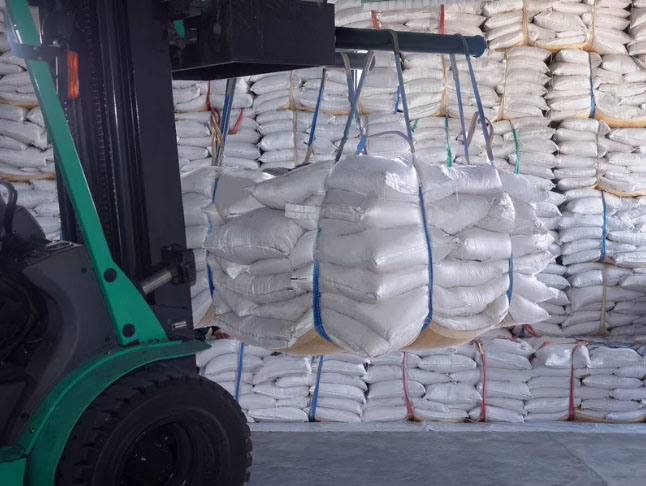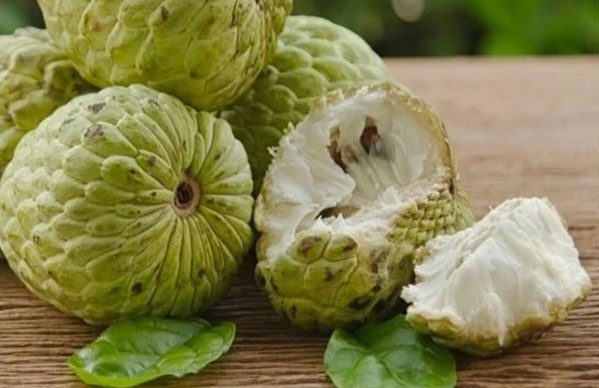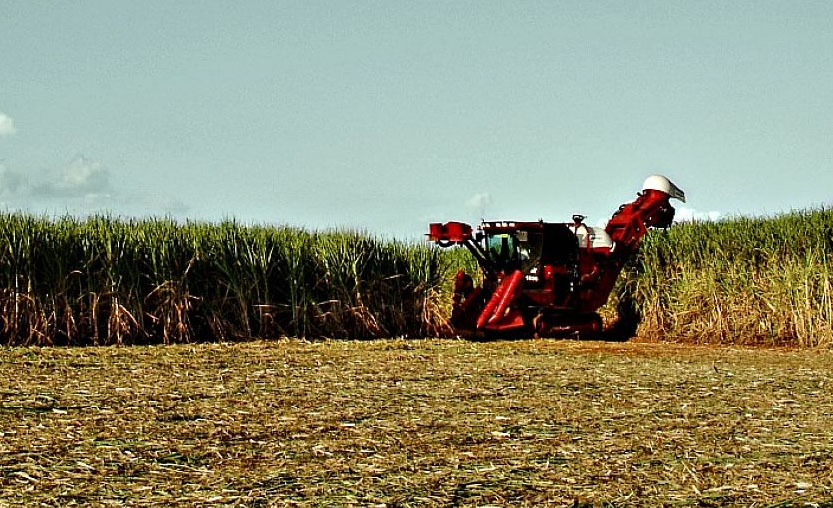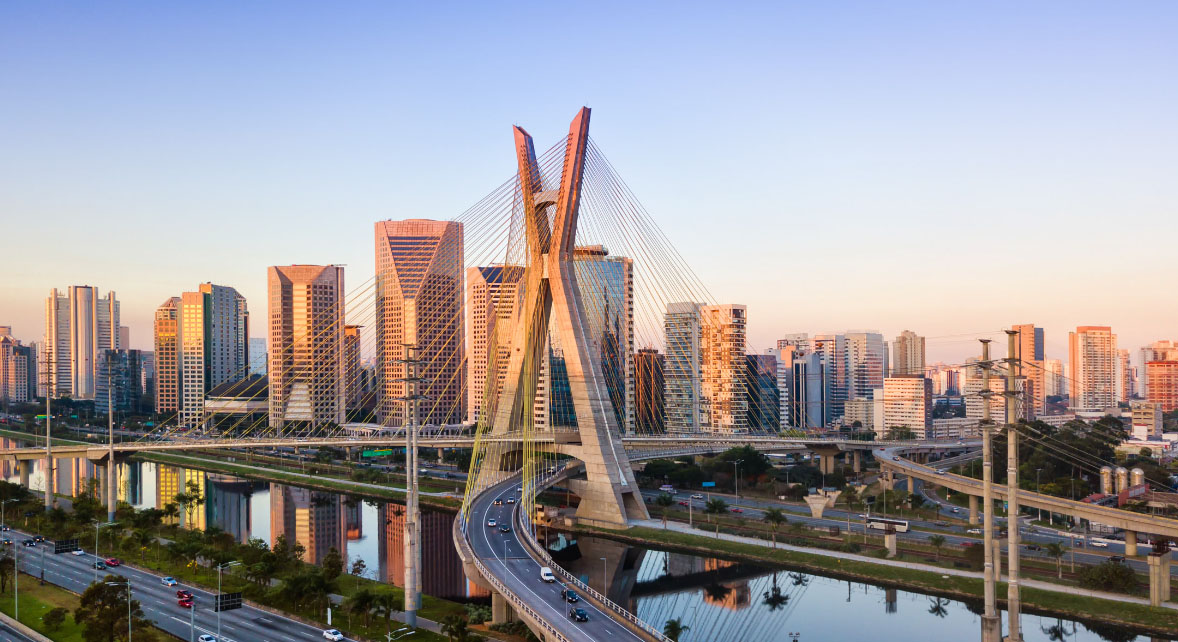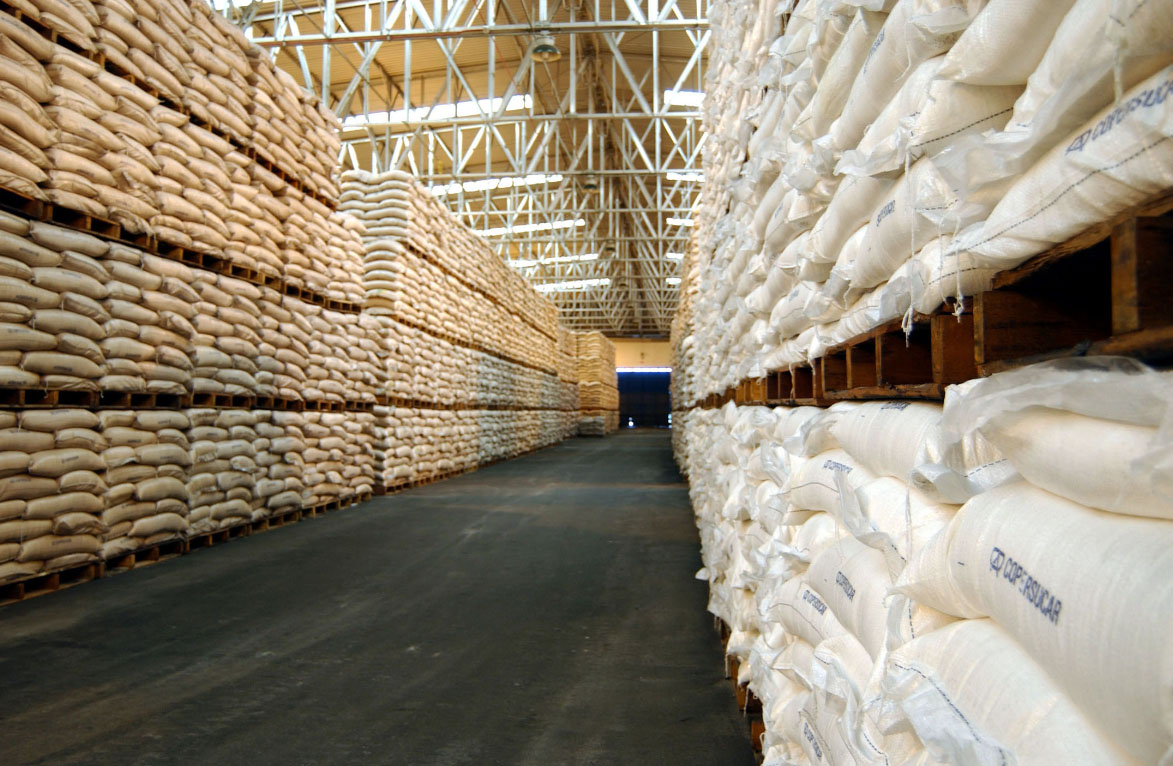Brazil is
renowned as a major player in the global sugar market, and for businesses
looking to import sugar, Brazil is a prime source. In this blog post, we’ll
provide you with a comprehensive guide on how to import sugar from Brazil,
covering everything from identifying reliable suppliers to understanding
customs regulations.
Research
and Identify Suppliers
Before you
can begin importing sugar from Brazil, it’s crucial to research and identify
reliable suppliers. You can start by exploring online marketplaces, contacting
trade associations, or attending industry-specific trade fairs and exhibitions.
Establishing a network of potential suppliers and conducting due diligence is
essential to ensure a smooth importing process.
Verify
Supplier Credentials
Once you’ve
identified potential suppliers, it’s essential to verify their credentials.
Ensure that they have the necessary licenses and certifications required for
exporting sugar. Additionally, check their reputation, experience, and
references from other buyers to assess their reliability.
Negotiate
Terms and Pricing
Negotiating
terms and pricing is a critical step in the importing process. Work closely
with your chosen supplier to agree on payment terms, delivery schedules, and
pricing structures. Be sure to consider factors such as shipping costs, taxes,
and any applicable tariffs or duties.
Understand
Customs Regulations
Importing
sugar from Brazil involves complying with customs regulations, which can be
complex. Familiarize yourself with the import regulations of your country,
including documentation requirements, quality standards, and labeling rules.
Additionally, work with customs brokers or import experts who can guide you
through the process.
Quality
Control and Inspection
To ensure
the quality of the sugar you’re importing, consider implementing quality
control measures. This may involve third-party inspections, lab testing, and
adherence to international quality standards. Quality control is essential to
maintain the reputation of your brand and meet consumer expectations.
Shipping
and Logistics
Shipping
logistics are a crucial aspect of importing sugar from Brazil. Determine the
most cost-effective and efficient shipping methods, whether by sea, air, or
land. Choose reputable shipping companies or freight forwarders to handle the
transportation of your sugar shipments.
Customs
Clearance
Once your
sugar shipment arrives at the destination port, you’ll need to go through
customs clearance procedures. Ensure that all necessary documentation,
including invoices, bills of lading, and certificates of origin, are in order.
Pay any applicable customs duties or taxes to release your goods.
Distribution
and Sales
After
successfully importing sugar from Brazil, focus on distribution and sales
strategies. Establish distribution channels and marketing plans to reach your
target market effectively. Build relationships with retailers, wholesalers, and
other stakeholders to ensure a smooth distribution process.
Conclusion
Importing
sugar from Brazil can be a lucrative business endeavor, but it requires careful
planning and attention to detail. By conducting thorough research, verifying
supplier credentials, understanding customs regulations, and implementing
quality control measures, you can navigate the importing process successfully.
With the right strategy and diligence, you can tap into Brazil’s robust sugar
market and bring the sweetness of Brazilian sugar to your customers.

